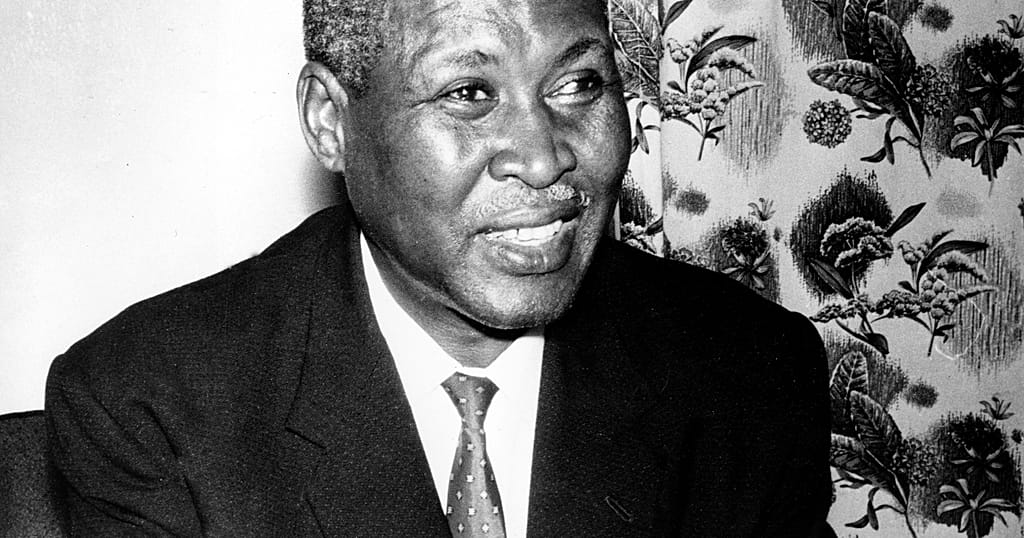A South African court has delivered a landmark ruling, overturning the official narrative surrounding the death of anti-apartheid leader Albert Luthuli. The court found that Luthuli was murdered by members of the apartheid-era police, contradicting the long-held claim that he died in a train accident in 1967. This revelation comes nearly six decades after Luthuli’s death and confirms the suspicions of his family, who had always maintained that the apartheid regime was responsible for his silencing.
Luthuli, a prominent figure in the African National Congress (ANC), had been banned under apartheid and was awarded the Nobel Peace Prize in 1961 for his advocacy of non-violence. As the leader of the ANC from 1952 until his death, Luthuli was a powerful critic of the apartheid regime. The court’s ruling names seven individuals, including railway workers and members of the special police branch, as being responsible or complicit in Luthuli’s murder. However, their current whereabouts remain unknown.
The original 1967 inquiry into Luthuli’s death had found that he was killed in a train accident, but the court has now rejected these findings. The ANC has welcomed the court’s decision, describing it as “a correction of a long-standing distortion of history” and “a moral victory not only for Luthuli’s family but for all the martyrs of the struggle against apartheid.” This ruling is significant, as it restores the truth about Luthuli’s death and acknowledges the sacrifices made by those who fought against the apartheid regime.
The court’s decision is a major historical revelation, providing closure for Luthuli’s family and confirming the suspicions of many who had doubted the official narrative surrounding his death. The ruling also serves as a reminder of the brutality of the apartheid regime and the sacrifices made by those who fought against it. As the truth about Luthuli’s death is finally acknowledged, it is a testament to the enduring legacy of his advocacy for non-violence and his commitment to the struggle against apartheid. The significance of this ruling will be felt not only in South Africa but also internationally, as it highlights the importance of uncovering the truth and acknowledging the past.
